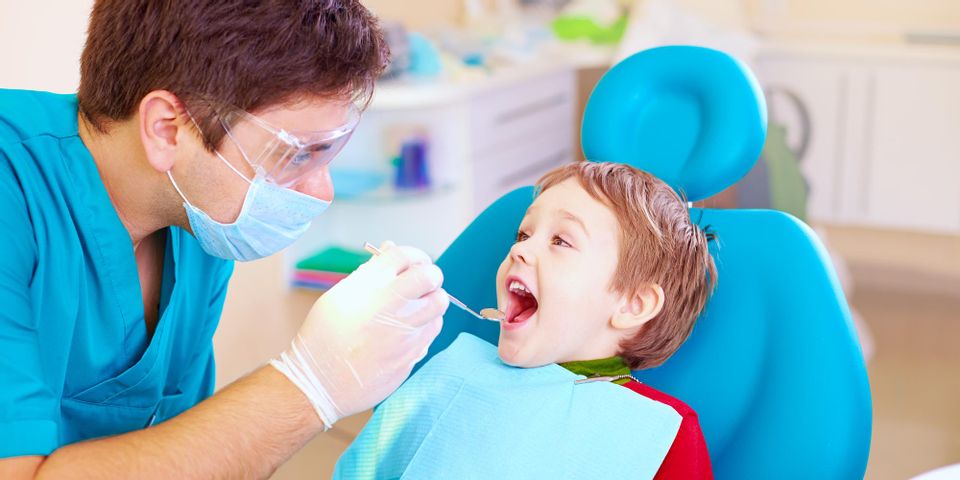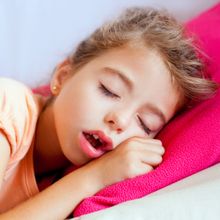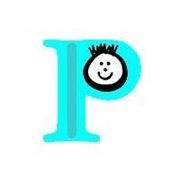How Does Mouth-Breathing Affect Children?

While it’s sometimes acceptable for a child to breathe through their mouth, such as when congested with a cold, consistent mouth-breathing can lead to a whole host of issues. Learn more about why mouth-breathing is detrimental and how a pediatric dentist can help with solutions.
Causes of Mouth-Breathing
Mouth-breathing is most often caused by nasal obstructions, which make it more difficult for air to pass through. It’s common among kids with allergies, as inhaling allergens causes nasal airways to swell and become congested.
Oral structures, such as tonsils and adenoids, can also become enlarged, sometimes due to infections.
Additionally, problems with the way the nose or jaw are shaped can affect breathing patterns.
How It Affects a Child’s Health
 Continuous mouth-breathing can sometimes impact the structure of a child’s face and oral cavity, which may result in a long, narrow face and the appearance of excessive gum tissue when smiling. Crowded teeth, overbites, and other physical issues may also manifest.
Continuous mouth-breathing can sometimes impact the structure of a child’s face and oral cavity, which may result in a long, narrow face and the appearance of excessive gum tissue when smiling. Crowded teeth, overbites, and other physical issues may also manifest.
Mouth-breathing can even affect a child’s sleep. A child with this problem may appear lazy and unmotivated due to a lack of sleep, which can cause disciplinary issues.
How It Can Be Treated
Finding the underlying cause is the first step to treatment. If the issue is allergies, medication like antihistamines and nasal sprays can reduce nasal swelling and congestion. Swollen oral structures, including tonsils, can be surgically removed if the problem is persistent.
When you have concerns about your child’s dental development, seek answers from the pediatric dentists at Pedodontic Associates. They provide a relaxed and child-friendly atmosphere to ensure kids form the right dental care habits. They can fit your child with a customized mouthguard to address breathing issues while also providing general care like cleanings and X-rays. Contact one of their locations today to schedule an appointment with a pediatric dentist: Kahului at (808) 877-0066, Aiea at (808) 487-7933, and Honolulu at (808) 735-1733. You can also learn more about preventative care for kids by visiting the website.
About the Business
Have a question? Ask the experts!
Send your question

